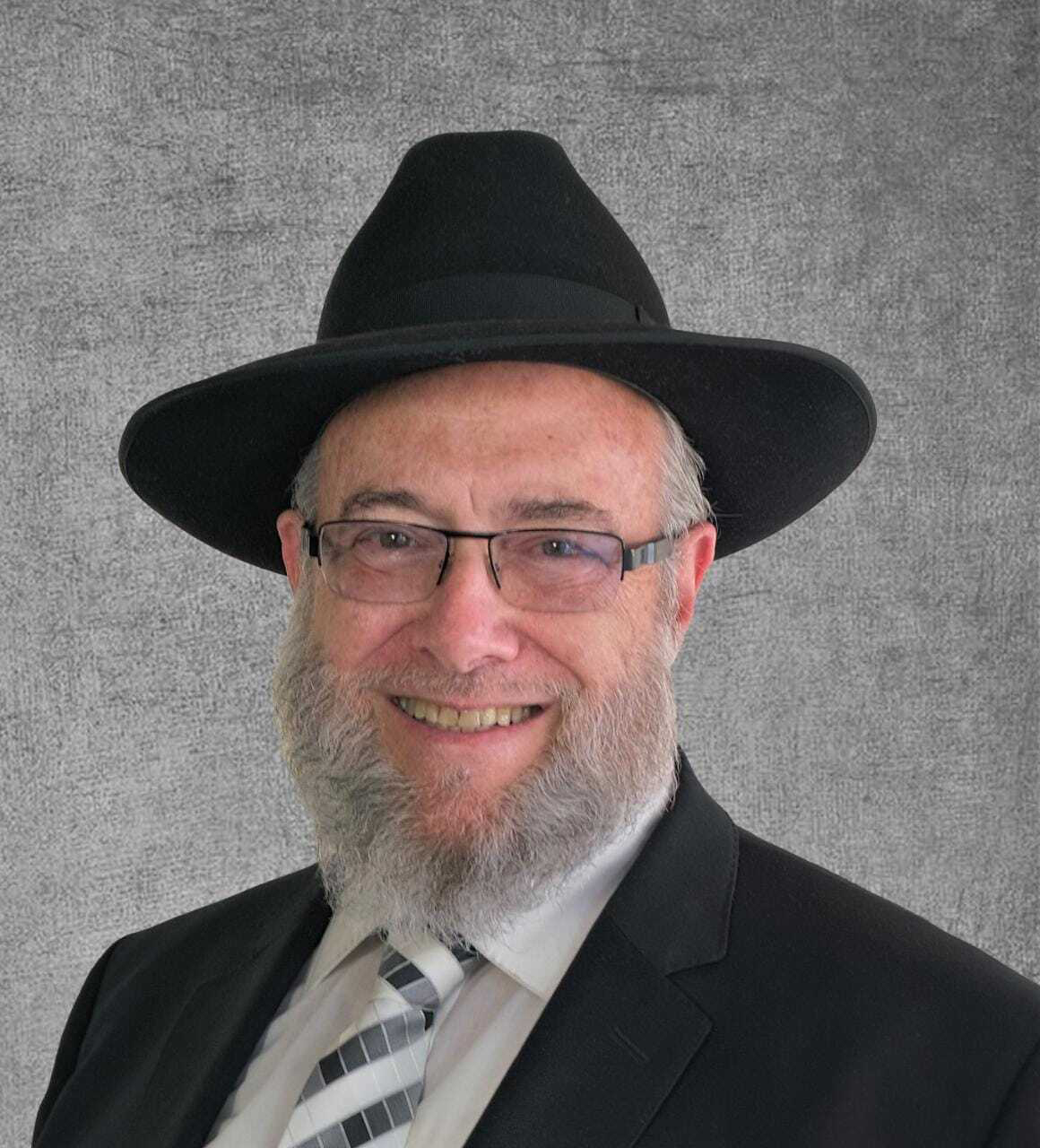
Community

New hechsher stirs the kosher pot
Published
2 years agoon
By
Nicola MiltzThree disgruntled former mashgichim (kosher supervisors) this week launched their own kosher hechsher in a bid to compete with the Beth Din, the country’s foremost kosher certification under the Union of Orthodox Synagogues (UOS).
The three directors of Kosher Certified South Africa (KCSA) are Velvy Bokow, Akiva Mallett, and Aharon Bogatie. They have either had their mashgichim licenses revoked (Bogatie lost his this week following the announcement) or have given them up following ongoing tension and frustration which has led to a bitter souring of relations separately between them and the UOS.
KCSA purports to be a kosher certifying agency under the halachic supervision of Rabbi Avigdor Bokow, the father of one of its directors, Velvy Bokow.
This week, the company advertised itself via a colourful flyer sent to the community on WhatsApp. It features a smiling headshot of Rabbi Avigdor Bokow, formerly of Linksfield Senderwood Hebrew Congregation, saying that KCSA is under his rabbinical leadership.
It makes assurances of a quick certification process and response times, affordable rates, flexible payment plans, ongoing support, and other such commitments.
However, Velvy Bokow told the SA Jewish Report that the KCSA couldn’t commit at this stage to reducing prices before a full costing and pricing model was structured, developed, and tested. However, they hoped to alleviate the costs of kosher chicken and meat, adding that “only time will tell”.
Rabbi Bokow wouldn’t comment to the SA Jewish Report, saying, “Please speak to the directors. I’m a simple helper for the community. I’m truly not the face. They simply wanted to give the assurance that there was an experienced kosher supervisor. I’m a retired rabbi over 70 that will help the community and provide services in many different ways.”
The ongoing and messy saga that sowed the seeds of this “rebellion” began with the Stan & Pete treif chicken scandal, which placed mashgichim in the spotlight.
Bokow and Mallet were instrumental several years ago in setting up the Mashgiach Association in a bid to formalise the workplace and improve conditions of employment.
The directors insist that starting a new kosher certification isn’t about “sour grapes”, it’s about service delivery aimed at being “affordable, reliable, and available”.
Bokow lost his mashgiach license last year for contravening the mashgiach code of conduct after advertising his strictly kosher but not under the Beth Din kosher meat and chicken smoker. He claims he was unfairly discriminated against.
Mallett, the former owner of AM Dairy Products, was one of the first to break away from the Beth Din hechsher in favour of Montreal Kosher when the ongoing saga of kosher food prices reared its head once again recently.
He was called before a hearing last year for allegedly providing kashrut advice to a non-certified caterer, which is in breach of his license.
He refused to attend the hearing, and sent an email to Kenny Rabson, a member of the UOS board, and to the managing director of the Beth Din’s kosher department, Rabbi Dovi Goldstein.
In it, he accused Goldstein of being a liar, and said he had no faith in Rabson. “This from a religious organisation. The more I read books on the Holocaust, the clearer it appears Hitler didn’t want to kill all the Jews, just the bad ones, think if you fit in that category,” he wrote.
This week, Mallett told the SA Jewish Report, “We don’t want a mudslinging situation. This is about healthy competition and doing what’s in the best interest of kashrut and the consumer at the end of the day.”
Bogatie, until this week a mashgiach with the Beth Din, said he joined as a board member of the KCSA because he felt there needed to be “a higher kashrus authority” and that for him, “the best way to ensure that it was run and maintained correctly was to be in the middle of it”.
After launching, Bokow conducted a survey on social media this week, asking members of the community whether they would support a new kosher certifying agency in South Africa.
The board of UOS Johannesburg and the UOS Cape management committee issued a joint statement on 26 January, saying they were unable to comment on this new hechsher, given that there was “no track record or international acceptance to reflect on”.
“In addition, we don’t know what technical expertise and other resources the organisation has. We are, however, aware of the directors of the organisation, which were mashgichim for the UOS and were relieved of their positions in December 2021. We cannot comment on their knowledge of running a hechsher.
“We do, however, know what it takes to build a hechsher that’s internationally recognised and accepted by the OU (the largest hechsher in the world) and Badatz in Israel (which adheres to the strictest levels of kashrut) to outsource their inspections in southern Africa to us, which is a strong endorsement of the UOS kosher department.
“Importantly, the standards of kashrut in SA are certified by the dayanim of our Beth Din, with no hechsher being granted without their approval. These standards have been built up over decades. The depth and breadth of infrastructure and knowledge network is immense. A kosher system is complex and intricate, and requires adequately trained personnel and a competent halachic authority to conduct the assessments required to provide kosher consumers with the necessary reassurance a kosher certification offers. This includes highly trained rabbinic field representatives, food technologists, and database administrators with a depth of experience.”
The statement said that as an organisation, last year was “extremely productive” for the UOS. “We’re working hard to innovate continually in kashrut, to improve services to our customers and consumers, and to solve the market’s needs quicker.”
“I know nothing about the credentials of the KCSA, so it’s difficult to comment,” said Rabbi Yossi Chaikin, the chairperson of the Rabbinical Association of South Africa. “The Rabbinical Association supports the Beth Din of the UOS, which has an outstanding reputation locally and internationally.”
Though there was always room for improvement, he wasn’t sure that competition, given the South African context, was a positive thing or whether it would end up as more money in the pockets of the consumer. Once again, he said, “Time will tell.”
“We share concern that this may sow confusion in the minds of people. We have a unique situation in South Africa in that kashrut is so widely observed and one of the blessings is that we have one kashrut agency, which makes things very easy for the consumer.”
Ami Bolnick of Tenderchick, the only certified producer of kosher chickens in Johannesburg, said, “From my perspective, it’s an open market, and if they feel they can make a difference, they should try. I don’t dictate who decides to enter the kosher industry. I’ll remain faithful to my license holder, the UOS hechsher.”











Yitzchok Deutsch
Jan 27, 2022 at 4:49 pm
This was not an unbiased article.
David
Jan 30, 2022 at 4:56 am
That’s for sure!
Completely biased. And it conveniently fails to mention the outcome of the survey: over 80% of the respondents support a new kashrut organization.